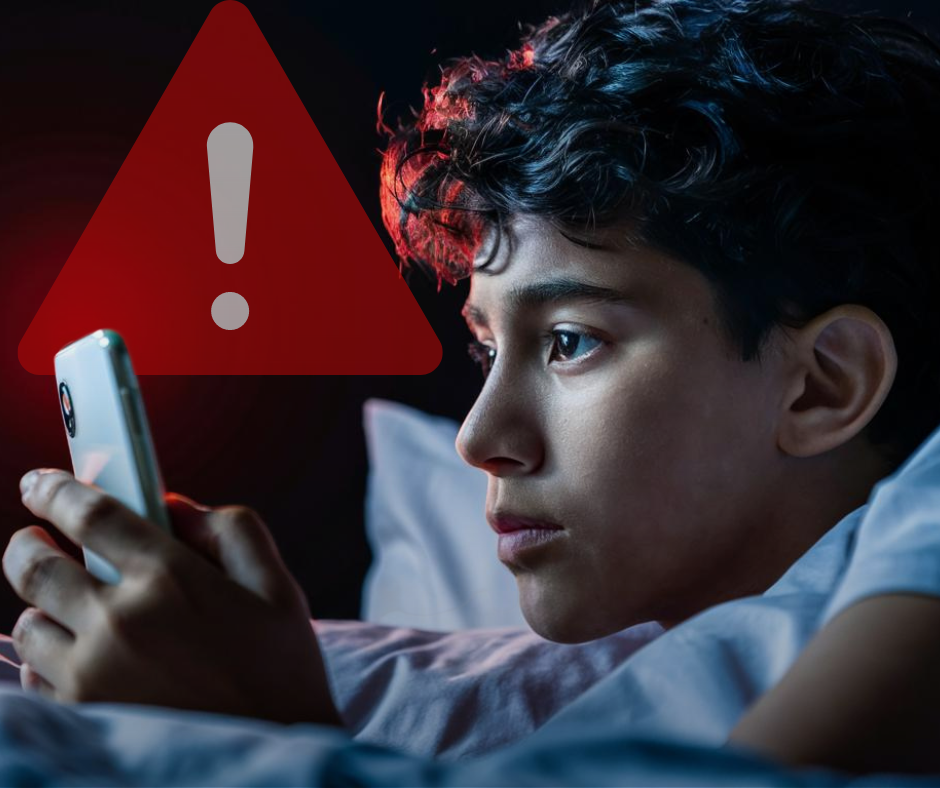
A Hidden Threat Haunts Our Children: A Shared Responsibility .
The world of social media has become a vast playground for children and youth, but unfortunately, it can also morph into a minefield of psychological and social dangers. Exposure to negative content, cyberbullying, and exploitation by predators are just some factors threatening our children’s mental and emotional well-being. In this article, we will explore the shared responsibility of legislation and parenting in safeguarding our future generations from the perils of the digital world.
From a psychological standpoint, studies have shown that excessive social media use, especially with features like autoplay and infinite scroll, negatively impacts a child’s developing brain. The constant comparison with others on social media platforms also leads to a decline in self-esteem among children and teenagers.
Unfortunately, we’ve witnessed numerous stories that depict the damage inflicted on teenagers due to the negative aspects of social media. A recent study revealed that teenagers spending more than three hours daily on social media platforms were twice as likely to experience symptoms of depression and anxiety.
In another tragic instance, a teenage girl committed suicide after enduring relentless cyberbullying on social media. Despite her mother’s diligent efforts to monitor her accounts daily, the cyberbullying left a deep psychological scar.
These heartbreaking stories are just a few examples of the detrimental impact social media can have on children’s mental health. Serious action on legislative, educational, and scientific fronts is a pressing need to protect our future generations from the clutches of this hidden threat.
On the legislative front, there’s a concerning lack of robust laws protecting children from online threats. Just as laws mandated seatbelts in cars and safety testing for airplanes, why aren’t stricter regulations imposed on social media companies to safeguard children? Legislation needs to be enacted to prevent the collection of sensitive data from children, restrict manipulative features like notifications that exploit their developing minds, and compel companies to disclose the extent of their platforms’ impact on children’s mental health.
The responsibility of raising our children consciously falls heavily on parents’ shoulders. Creating phone-free zones at home, delaying access to social media until later adolescence, and cautiously monitoring their online activity are all crucial steps in protecting them. Parents should also collaborate and agree on common rules to avoid feelings of guilt or helplessness when faced with their children’s persistent requests for social media accounts.
Safeguarding children extends beyond parental measures and encompasses scientific and medical institutions. Mental health professionals, for instance, can educate parents on the psychological dangers of social media and guide them in developing strategies to manage their children’s online activity.

